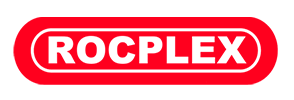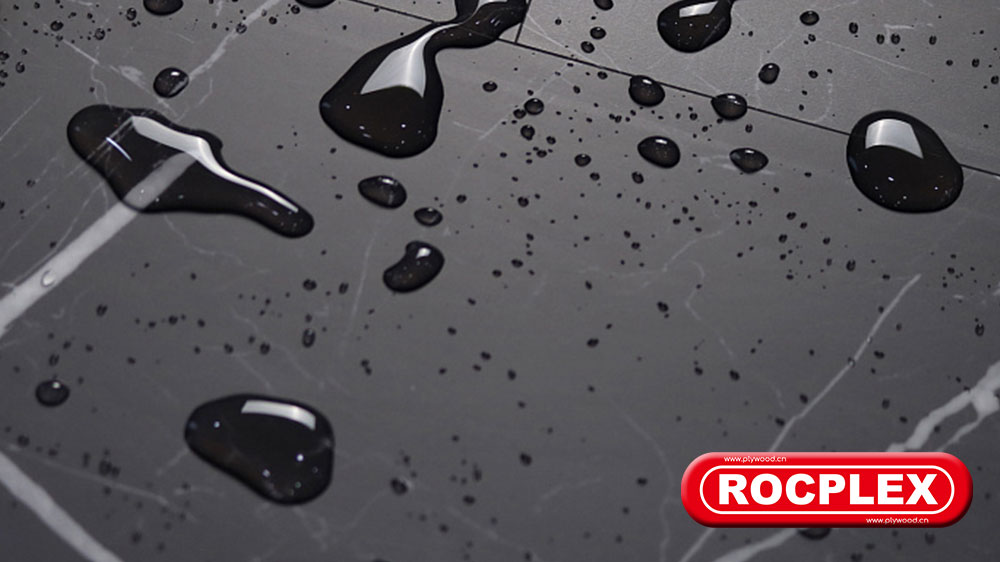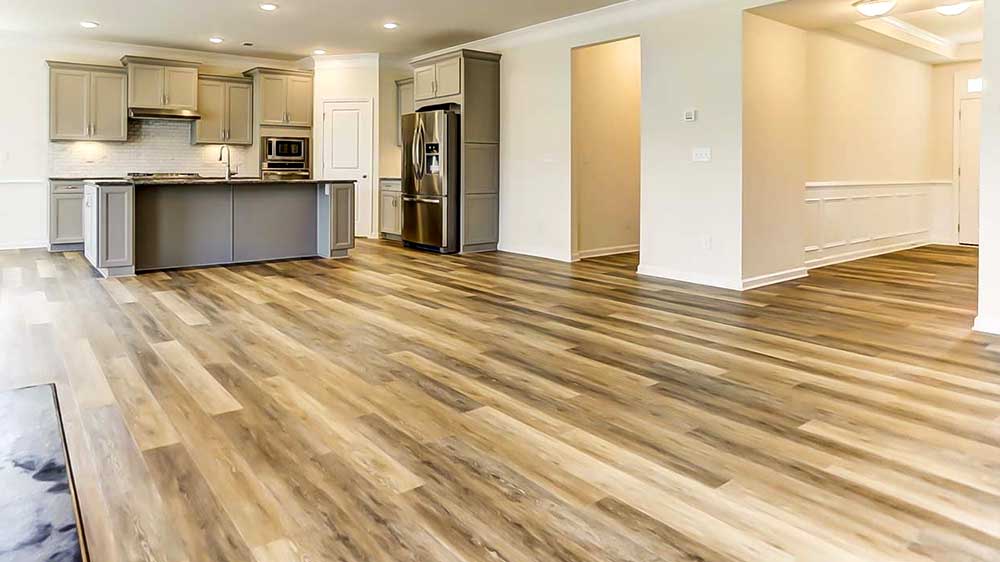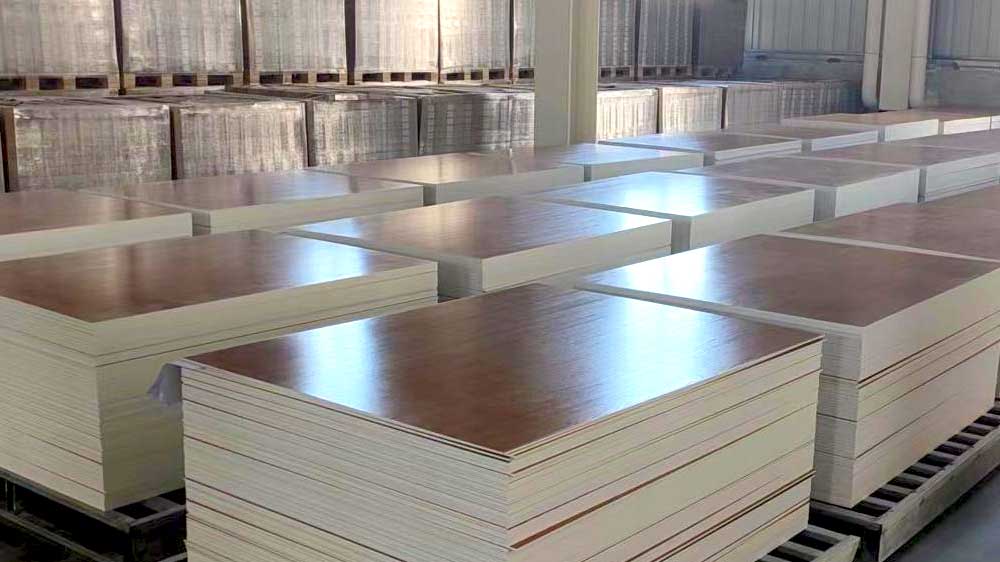What is Waterproof Flooring?
Waterproof flooring is an innovative solution designed to withstand moisture and spills, making it ideal for various home applications. This type of flooring is crafted from materials like vinyl, laminate, and specially treated wood, which are engineered to be impervious to water. Unlike traditional flooring options, waterproof flooring prevents water from seeping through, thus avoiding potential damage to the subfloor and preventing mold growth. It is particularly beneficial in high-moisture areas like bathrooms, kitchens, and basements, ensuring that the flooring remains intact and visually appealing despite exposure to water.
Waterproof flooring has gained immense popularity due to its numerous advantages over conventional flooring types. One of the primary benefits is its durability. Traditional wood and carpeted floors can suffer from moisture damage, leading to warping, staining, and mold growth. Waterproof flooring, on the other hand, is designed to resist such issues, making it a more reliable and long-lasting choice for homeowners.
The materials used in waterproof flooring vary, but they all share common characteristics that make them resistant to water. Vinyl, for example, is a synthetic material that does not absorb moisture. This makes it ideal for areas that are prone to spills and splashes. Similarly, laminate flooring is treated with a water-resistant coating that prevents water from penetrating the surface. This ensures that the core of the flooring remains dry and intact.
Another significant aspect of waterproof flooring is its aesthetic versatility. It comes in a wide range of styles, colors, and textures, allowing homeowners to achieve the look they desire without sacrificing functionality. From the classic appearance of hardwood to the modern appeal of stone and tile, waterproof flooring can mimic various high-end materials while providing superior performance.
Detailed Description of Features, Specifications, and Materials
Vinyl Flooring
Vinyl flooring is one of the most popular types of waterproof flooring available today. It is made from polyvinyl chloride (PVC), which provides a waterproof barrier. Vinyl floor is available in various formats, including planks, tiles, and sheets, offering versatile installation options. The planks and tiles often feature a click-lock system, making them easy to install for both professionals and DIY enthusiasts.
Features:
- Waterproof Core:The core layer of vinyl flooring is entirely waterproof, preventing any water from seeping through.
- Durability:Vinyl flooring is highly durable and can withstand heavy foot traffic, making it ideal for high-traffic areas like hallways and kitchens.
- Variety of Designs:Vinyl flooring can mimic the appearance of natural wood, stone, or tile, providing numerous design options.
- Easy Maintenance:It is easy to clean and maintain, requiring only regular sweeping and occasional mopping.
Specifications:
- Thickness:Typically ranges from 2mm to 8mm, with thicker options providing better comfort and sound insulation.
- Wear Layer:A protective wear layer that ranges from 0.2mm to 0.7mm, enhancing durability and scratch resistance.
- Installation Method:Click-lock, glue-down, or loose lay.
Laminate Flooring
Laminate flooring is another popular option for waterproof flooring. It consists of a photographic applique layer under a clear protective layer, with the core layer being a high-density fiberboard (HDF) treated to resist moisture. Laminate flooring is a budget-friendly option that mimics the appearance of wood or stone.
Features:
- Water-Resistant Core:The core layer is treated to resist water, preventing swelling and warping.
- Authentic Look:Laminate flooring can closely mimic the appearance of natural wood or stone, providing an authentic look at a lower cost.
- Scratch and Stain Resistant:The protective top layer makes laminate flooring resistant to scratches and stains, ensuring it looks new for longer.
- Easy Installation:Most laminate flooring options feature a click-lock system, making installation straightforward.
Specifications:
- Thickness:Typically ranges from 6mm to 12mm, with thicker options offering better durability and comfort.
- Wear Layer:A melamine wear layer that enhances durability and resistance to wear and tear.
- Installation Method:Click-lock or glue-down.
Waterproof Tiles
Ceramic or porcelain tiles are inherently waterproof and highly durable. They are perfect for bathrooms and kitchens due to their resistance to water and easy maintenance.
Features:
- Waterproof:Tiles are impervious to water, making them ideal for wet areas.
- Durability:Highly durable and can last for decades with proper care.
- Variety of Designs:Available in a wide range of colors, patterns, and sizes, allowing for creative design options.
- Easy Maintenance:Tiles are easy to clean and do not require special maintenance.
Specifications:
- Thickness:Typically ranges from 6mm to 12mm.
- Material:Ceramic or porcelain.
- Installation Method:Requires mortar and grout for installation.
Water-Resistant Wood
Engineered wood treated with a waterproof sealant can provide the natural beauty of wood while offering resistance to water damage. However, it is generally more water-resistant than fully waterproof.
Features:
- Natural Appearance:Provides the natural beauty of wood with added water resistance.
- Durability:Treated to resist moisture, reducing the risk of warping and swelling.
- Versatility:Available in various wood species and finishes.
- Maintenance:Requires periodic sealing to maintain water resistance.
Specifications:
- Thickness:Typically ranges from 8mm to 14mm.
- Core:Engineered wood with a plywood or HDF core.
- Installation Method:Click-lock or nail-down.
Product Applications
Waterproof flooring is versatile and suitable for various rooms and settings:
Bathrooms: Ideal for withstanding constant moisture, waterproof flooring ensures longevity without the risk of warping or mold growth. Vinyl or ceramic tiles are excellent choices for this application.
Kitchens: The kitchen is prone to spills and splashes. Waterproof flooring such as vinyl planks or tiles provides a practical and stylish solution that is easy to clean and maintain.
Basements: Basements are often subject to humidity and occasional water seepage. Waterproof laminate or vinyl plank flooring prevents damage and maintains a comfortable environment.
Laundry Rooms: With frequent exposure to water, laundry rooms benefit from waterproof flooring, which protects against potential leaks from washing machines.
Entryways and Mudrooms: These areas experience heavy foot traffic and exposure to wet conditions. Waterproof flooring ensures durability and easy cleaning.
Commercial Spaces: Businesses such as restaurants, retail stores, and healthcare facilities benefit from waterproof flooring due to its durability, ease of maintenance, and resistance to spills and stains.
Product Features & Benefits
Waterproof flooring offers several unique features and benefits:
Durability: Waterproof flooring is designed to withstand heavy use and moisture without deteriorating, making it a long-lasting option.
Variety of Styles: Available in numerous designs, colors, and textures, waterproof flooring can mimic natural wood, stone, or tile, enhancing the aesthetic appeal of any room.
Easy Maintenance: Waterproof flooring is easy to clean and maintain, requiring minimal effort to keep it looking new.
Health Benefits: By preventing water infiltration, waterproof flooring helps avoid mold and mildew growth, contributing to a healthier indoor environment.
Installation Flexibility: Many waterproof flooring options are designed for easy installation, including click-lock systems for vinyl planks and tiles.
Cost-Effective: Waterproof flooring often costs less than traditional hardwood or stone flooring while offering similar aesthetics and better durability.
Comfort: Certain types of waterproof flooring, like vinyl planks, offer a softer and more comfortable underfoot feel compared to hard tiles.
Waterproof Flooring: Durable, Stylish, and Practical
Experience the benefits of waterproof flooring in your home today. Visit our website to explore our wide range of styles and find the perfect solution for your needs. Contact us for more information or to schedule a consultation with our flooring experts.
FAQs
Q: What makes waterproof flooring different from regular flooring?
A: Waterproof flooring is specifically designed to prevent water from seeping through, protecting the subfloor and preventing mold growth. It uses materials and treatments that are impervious to moisture.
Q: Can I install waterproof flooring myself?
A: Many waterproof flooring options, such as vinyl planks and laminate, feature easy-to-install click-lock systems, making them suitable for DIY installation.
Q: Is waterproof flooring suitable for outdoor use?
A: While waterproof flooring is excellent for indoor use, it is not typically recommended for outdoor use where it may be exposed to extreme weather conditions.
Q: How do I clean and maintain waterproof flooring?
A: Waterproof flooring is easy to maintain. Regular sweeping and occasional mopping with a damp cloth or mop are usually sufficient to keep it clean.
Q: Can waterproof flooring be installed over existing flooring?
A: Yes, in many cases, waterproof flooring can be installed over existing flooring, provided the surface is level and clean. Always check the manufacturer’s guidelines for specific instructions.
Q: What is the lifespan of waterproof flooring?
A: The lifespan of waterproof flooring depends on the material and usage, but it generally ranges from 10 to 20 years with proper care and maintenance.
Post time: Jun-22-2024




